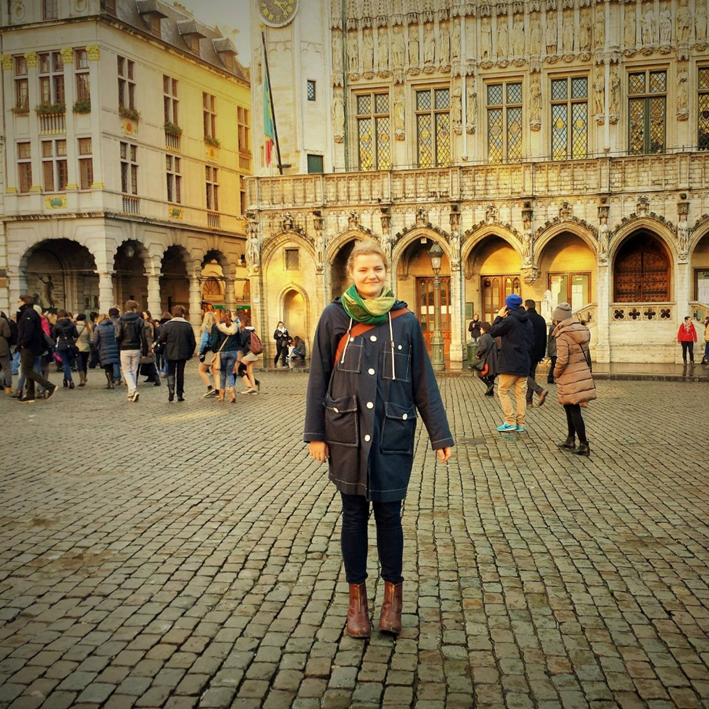10-Year E-Waste Anniversary
- Christine Nikander

- Jul 28, 2025
- 2 min read
The summer 2025 marked 10 years since I started doing research into e-waste.
My journey started out in my twenties with research into the failing legal and policy framework around e-waste. Much of my early research in 2015 and 2016 focused on ways to tackle planned obsolescence, prevent transboundary trafficking, and promote material circularity. Over the years, I have looked into a lot of the “dark sides” of e-waste – from conflict minerals, forced and child labour, to the human rights impacts of informal e-waste management.
What has always given me hope – and unwaveringly continues to do so – have been the people brave enough to imagine a different future. A lot of these people have not been lawyers or policymakers like me, but researchers and entrepreneurs willing to go out into the field and create solutions that are both impactful and economically viable. I am incredibly grateful to have gotten to listen to so many of these stories over the years and to get to irregularly share some of these with the readers of my column and newsletter.
If I am being honest, it has always been a bit weird to be in the e-waste field, as someone with a legal background. Being an EU environmental lawyer was already considered niche when I got my first Master’s degree, but I think being a lawyer specialized on e-waste was even a bit wild for me (so much so that I thought I had to start my career as a “normal lawyer”). Yet, to date, my work on e-waste has always leaned heavily on my legal training (especially my writing, due diligence, waste law, IP/tech law, and policy skills). That said, I often still think I could have also studied something else entirely and could probably be doing a lot of the same work.
Throughout the years, it has been the trailblazers close to home that have inspired me to hold my ground – particularly my mother who was one of the very first women in Germany to study environmental protection technology at university and my grandfather who did research into e-mobility in the 1970s with the intention to build a more sustainable future for Finland. Their stories and legacies taught me that ordinary people can do extraordinary things, and that each of us can (and perhaps need to) be changemakers in our own way.
After 10 years of learning about e-waste and a lifetime of learning about sustainable development, it feels like it is time to pass the wisdom forward. On 1 September 2025, we therefore decided to launch our first set of pilot e-learning modules. Through The E-Waste Learning Hub, we are looking to democratize knowledge on raw materials, e-waste, the circular economy, and the energy transition — because fundamentally we think that is something our societies urgently need and deserve right now.



Comments